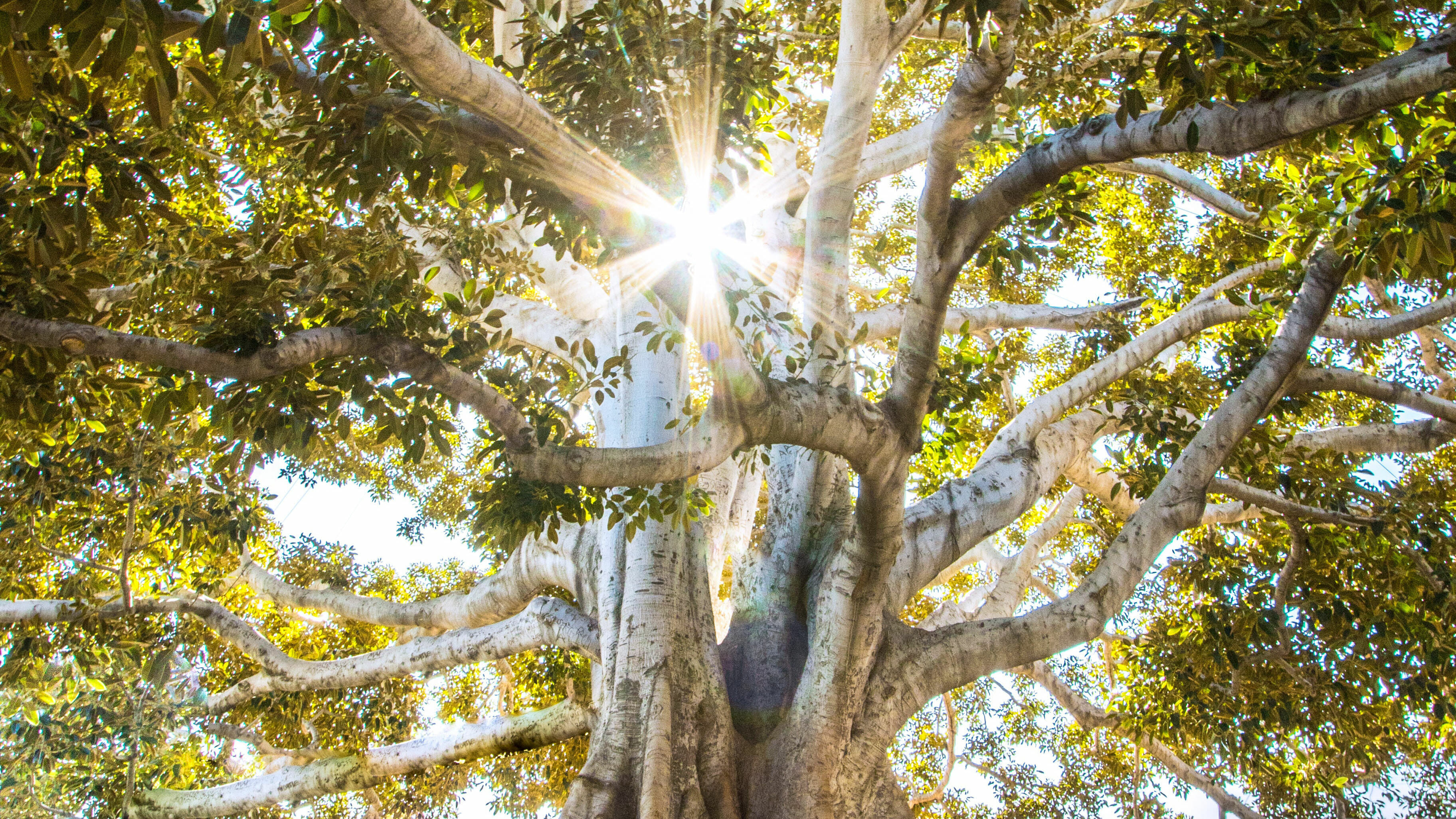
Photo by Jeremy Bishop on Unsplash
The tree of life
Curtis Ramsey-Lucas
October 29, 2018
The October 27 mass shooting during services at the Tree of Life synagogue in Pittsburgh confronts us with the human capacity for evil, and with our complicity in failing to adequately address the rise of anti-Semitism in our society.
According to the Anti-Defamation League, “the number of anti-Semitic incidents was nearly 60 percent higher in 2017 than in 2016, the largest single-year increase on record and the second highest number reported since ADL started tracking incident data in the 1970s.” A global study of antisemitism earlier this year found a decrease in the number of violent acts, attributed to greater security, but a notable rise in harassment and abuse.
Evil may be surprising to some, shocking to many, yet it is anything but new. Regarding its presence and persistence, Christians ought not to be naive. Evil is as old as the brokenness of humanity and as constant as the light of the sun. W.H. Auden said, “Evil is unspectacular and always human, and shares our bed and eats at our own table.”
Evil may be surprising to some, shocking to many, yet it is anything but new. Regarding its presence and persistence, Christians ought not to be naive. Evil is as old as the brokenness of humanity and as constant as the light of the sun.
Calling it the chronic malady of the universe, Herman Melville said that when “evil is checked in one place,” it “breaks forth in another.” Evil goes by many names and takes many forms, but its purpose is always the same—to exalt some at the expense of others, to divide, to conquer, to oppress, exploit, and destroy.
Evil rears its ugly head and we shudder to think, what is this monstrosity? In disbelief, we say things like “what is happening?” and “I can’t believe this is America in 2018,” as if the progression of time alone is enough to heal that which has bedeviled humanity from the start, as if history moves inexorably along a path from bad to good; from worse to better; from imperfection to perfection.
This is not how the world works even on this side of Calvary and the cross. In the shadow of the cross, easy explanations and simplistic solutions do not satisfy. We know that not all goodness is in us; not all evil is in some other. As Solzhenitsyn said, “The battle line between good and evil runs through the heart of every man.”
In his initial response to the shootings at Tree of Life, President Trump said, “the world is a violent world.” Such realism is true but insufficient. We live in a violent world in which God chose to become flesh, dwelt among us, and promised not to abandon or forsake us. We live in a world in which God’s justice, mercy
Reference to the “tree of life” occurs in several places in Christian Scripture—principally in Genesis and Revelation. In the Garden of Eden, the tree of life grows beside the tree of the knowledge of good and evil (Genesis 2:9). In John’s vision of the New Jerusalem, it grows on either side of the river of life, yielding fruit each month, its leaves “for the healing of the nations.” (Revelation 22:2).
The arc of the Christian narrative begins in a garden and points toward a city. The tree of life grows in both. This connection between our past and future informs who we are—rooted in the ancient memory of God’s good intentions in creation, living in expectation of the fulfillment of God’s purposes in the new creation that is to come. This connection between our past and future animates who we are—seeking justice for all people with particular attention to those most vulnerable, loving God and neighbor, praying and working for the coming of God’s kingdom in our midst.
This connection between our past and future should inform and animate our response in the present—praying for the Tree of Life victims and their families and working in solidarity with our Jewish neighbors to build communities that do not tolerate anti-Semitism; building relationships across faiths to more effectively address human needs in our society including addressing violence, poverty, hunger, and homelessness; working together to oppose divisive and destructive rhetoric and actions and
Curtis Ramsey-Lucas is editor of The Christian Citizen, a publication of American Baptist Home Mission Societies
The views expressed are those of the author and not necessarily those of American Baptist Home Mission Societies.
Want the latest from The Christian Citizen?
Subscribe to Christian Citizen Weekly

